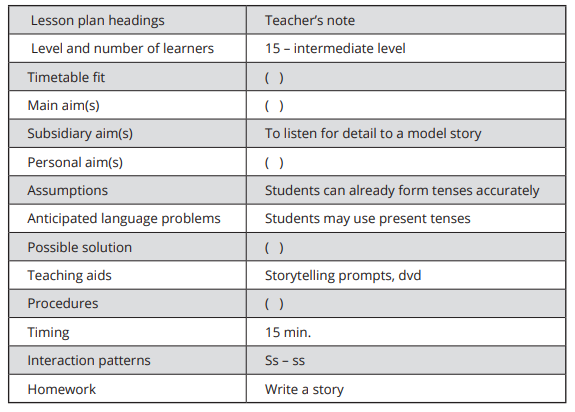Questões de Inglês - Ensino da Língua Estrangeira Inglesa para Concurso
Foram encontradas 128 questões
( ) English as a Lingua Franca (ELF) and as a Foreign Language (EFL) present different perspectives. ( ) In an ELF context, learners look up to native language speakers as models. ( ) Research in the area of ELF has involved areas other than pedagogical settings.
The statements are, respectively:
1.(__)Studying a foreign language makes it possible to understand nuances of the local culture, such as idiomatic expressions and ways of thinking, in addition to facilitating communication.
2.(__)By learning a language, we can access literature, films, music, and other cultural productions in their original form, without relying on translations or interpretations.
3.(__)When we learn a language, we are just learning how to communicate with people who speak that language.
The CORRECT sequence is:
Um(a) professor(a) de Língua Inglesa do Ensino Fundamental, em uma reunião de professores, faz a seguinte colocação: "Segundo a Lei nº 9.394/96, o Ensino Fundamental obrigatório, com duração de 9 (nove) anos, iniciando-se aos 6 (seis) anos de idade, terá por objetivo a formação básica do cidadão, mediante o desenvolvimento da capacidade de aprender, tendo como meios básicos o pleno domínio da leitura, da escrita e do cálculo; compreensão do ambiente natural e social, do sistema político, da tecnologia, das artes e dos valores em que se fundamenta a sociedade; o desenvolvimento da capacidade de aprendizagem, tendo em vista a aquisição de conhecimentos e habilidades e a formação de atitudes e valores; e o fortalecimento dos vínculos de família, dos laços de solidariedade humana e de tolerância recíproca em que se assenta a vida social".
Podemos afirmar que a fala do(a) professor(a) está:
(THORNBURY, 2005, p. 91-92)
Considering Thornbury’s (a very famous applied linguistics in the early 2000s) quotation, put the numbers 1 – 5 in the correct place in the following lesson plan:

1. To enable students to use past tenses accurately and put events in order in simple narratives.
2. Students listen to the model story, then, in groups, plan and write their own stories.
3. Use gestures to remind students to use past tenses.
4. To follow on from work on past tenses and to prepare for the storytelling project.
5. To make sure that board writing is clear and readable.
Choose the CORRECT sequence.